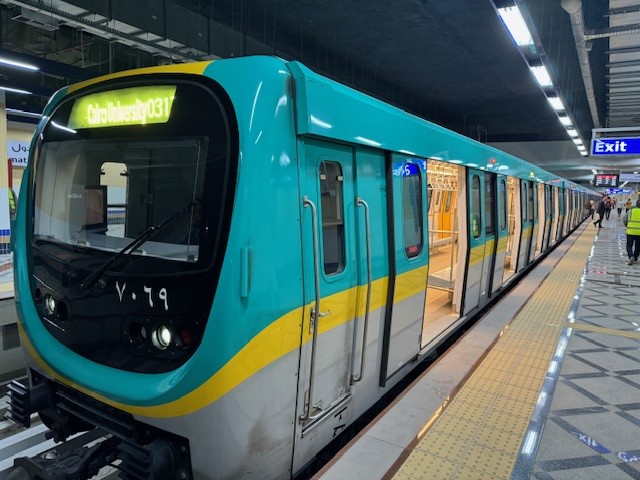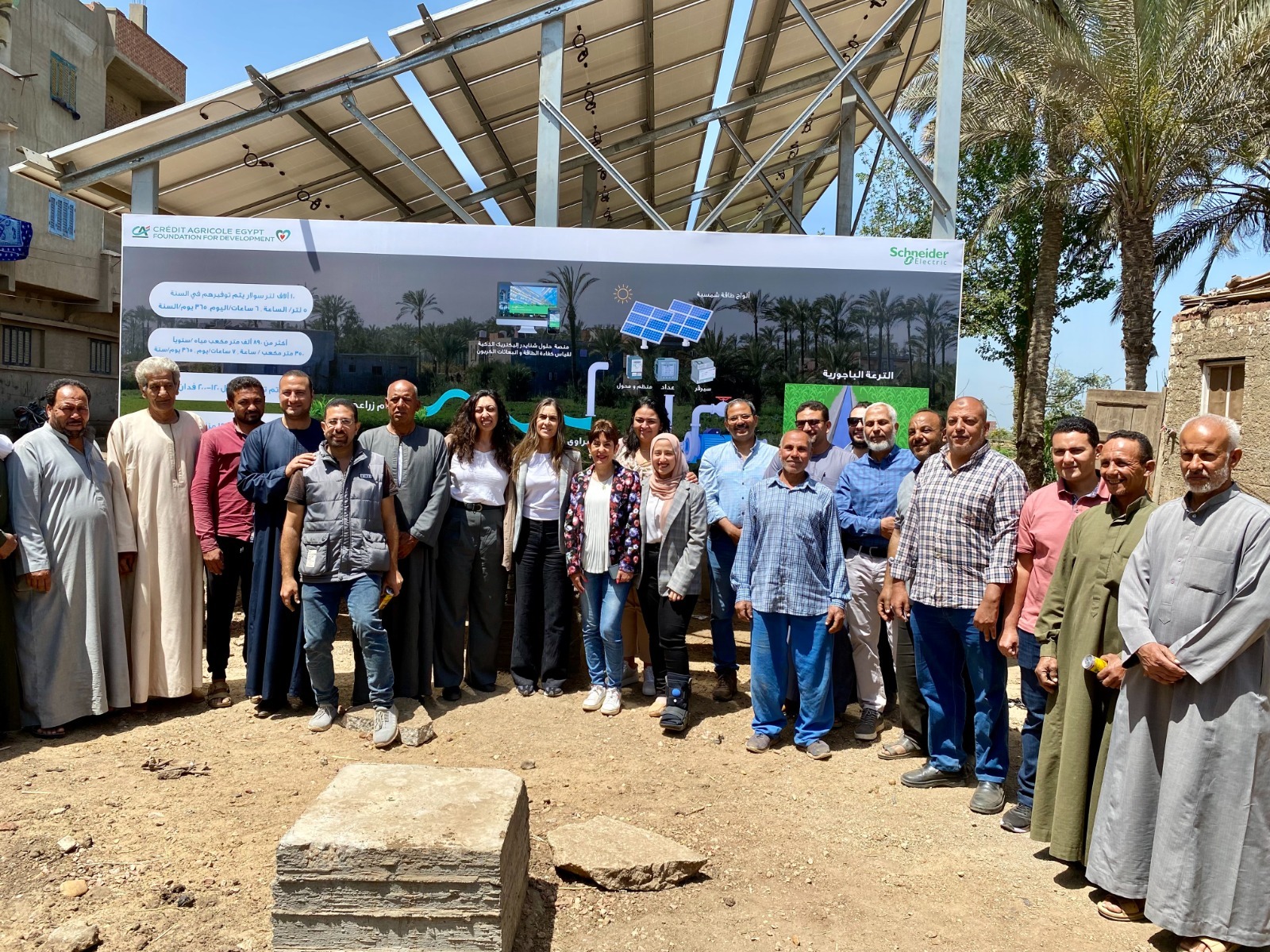Alstom celebrates the Trial Operation of five stations on Cairo Metro line 3
Font size
Alstom, global leader in smart and sustainable mobility, has successfully supplied, tested and commissioned part of Cairo Metro line 3 – Ph3C with a total of 5 stations from Kit Kat to Cairo University.
His Excellency the Minister of Transport Kamel El Wazir witnessed the trial operation in the presence of Dr. Tarek Gewaily, Chairman of NAT (National Authority for Tunnels), Mena Azer and Ahmed Abdelhady Project Managers of Alstom Egypt.
Ramy Salah, Managing Director Alstom Egypt, stated: “We are proud to have contributed to the improvement of line 3 of the Cairo metro, providing Alstom’s Urbalis signalling solution. Thanks to the remarkable work of our teams, we are improving transport conditions for Egyptians. We remain committed to working with the Egyptian government to meet their expectations and contributing to the development of local competencies to meet Egypt’s 2030 vision”.
This successful trial operation is part of a series of milestones achieved by Alstom. With the Urbalis solution, an advanced signalling system, we help operators to ease commuter congestion. Constantly upgraded, the solution aids urban operators in maximising their performance and capacity while providing standard supervision and control supporting their operational needs. Designed for heavy ridership metros, the system offers a considerable range of functions that improve headway and average speed performance. Alstom’s signalling solution will enable the whole Cairo metro Line 3 to run at speeds of 80 km/h, across 34 stations, 41.2km and ultimate capacity of 60,000 passengers per hour and per direction. The line is operating for 19 hours a day serving and transporting Egyptian citizens.
Alstom has been present in Egypt for over 40 years and has contributed to support the strong trend of railway infrastructure development in the country. Over decades, Alstom Egypt has developed a local talent pool that is today in charge of a centre of excellence related to signalling, Power Supply and Depot Equipment which is supporting our projects within the AMECA region. It is this heritage that has allowed Alstom Egypt to make a significant contribution to Egypt’s rail industry development.












